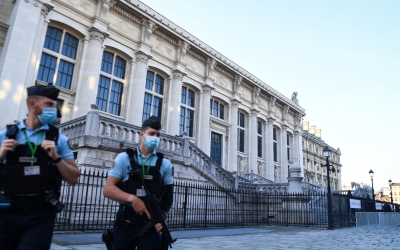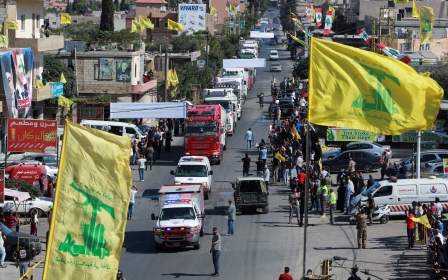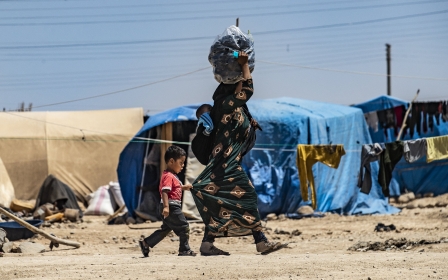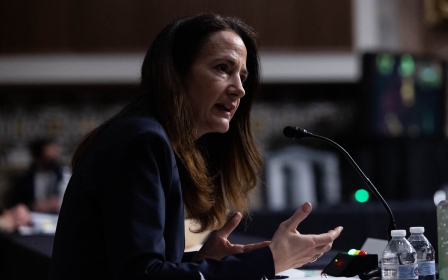Islamic State claims attack on Syrian gas pipeline
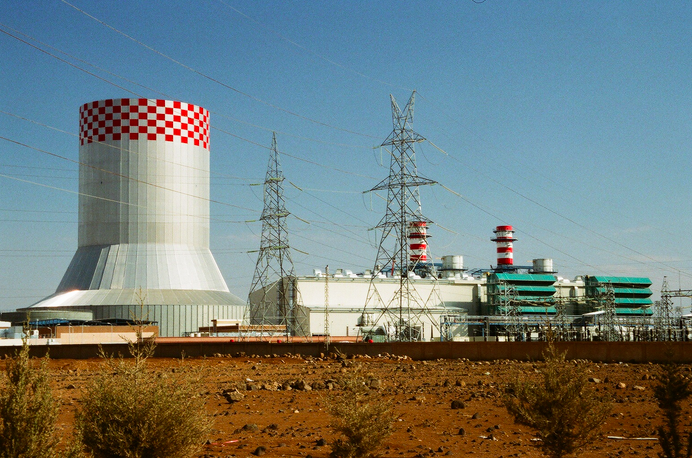
The Islamic State group on Saturday claimed an attack on a natural gas pipeline southeast of the capital Damascus which resulted in major power outages.
In a statement, IS said that its fighters were able to "plant and detonate explosives on the gas pipeline feeding the Tishreen and Deir Ali plants".
The Deir Ali station provides power for much of Damascus and the surrounding area. Ghassan al-Zamel, the minister of electricity, said on Saturday that the plant generated half of Syria's power needs, according to the official SANA news agency.
He said an attack on the gas pipeline on Friday evening with explosive devices caused the station to go out of service temporarily.
The outage affected several other stations, causing blackouts in Damascus, its outskirts and other areas, Zamel said, before power was restored some thirty minutes later.
New MEE newsletter: Jerusalem Dispatch
Sign up to get the latest insights and analysis on Israel-Palestine, alongside Turkey Unpacked and other MEE newsletters
He said maintenance works had started Saturday, but warned of severe rationing until the pipeline is repaired and power plants resume normal operations.
The Deir Ali and Tishreen plants remain out of service.
IS resurgence?
The IS group's so-called caliphate in Syria was declared defeated in the riverside hamlet of Baghouz in 2019 following a gruelling US-backed offensive.
But the group continues to conduct attacks on Syrian government forces from its hideouts, including in the vast east Syrian desert.
Syria's gas and oil infrastructure have been among the targets of militants and rebel groups opposed to President Bashar al-Assad's government.
The Syrian conflict since 2011 has ravaged electricity networks as well as oil and gas infrastructure across the country.
Syria's largest oilfields remain beyond the government's reach in the country's Kurdish-held northeast, and western sanctions have hampered fuel imports from abroad.
Syrians in government-held areas have had to adapt their lives at home and work around power cuts of up to 20 hours a day.
Middle East Eye delivers independent and unrivalled coverage and analysis of the Middle East, North Africa and beyond. To learn more about republishing this content and the associated fees, please fill out this form. More about MEE can be found here.


